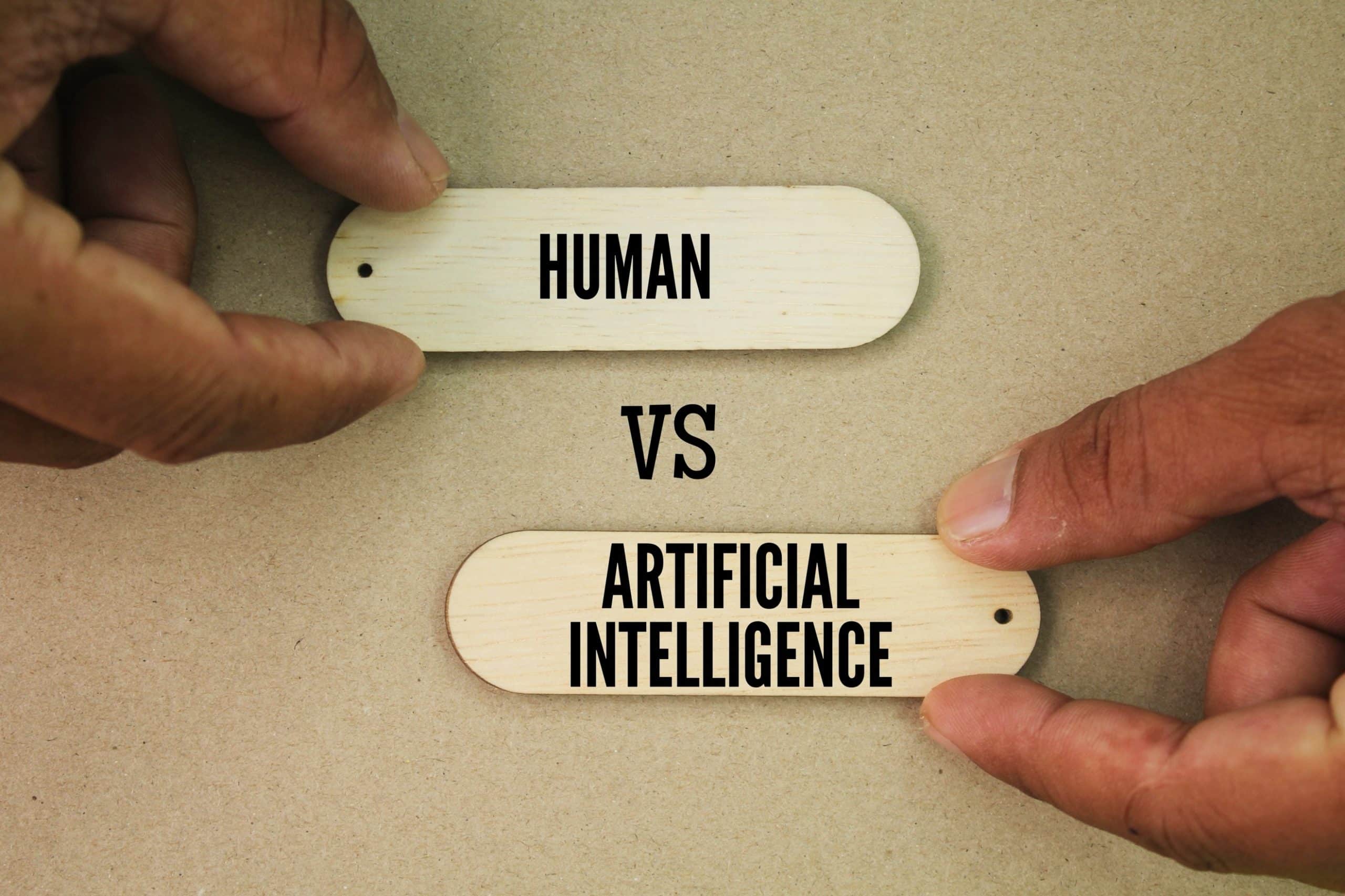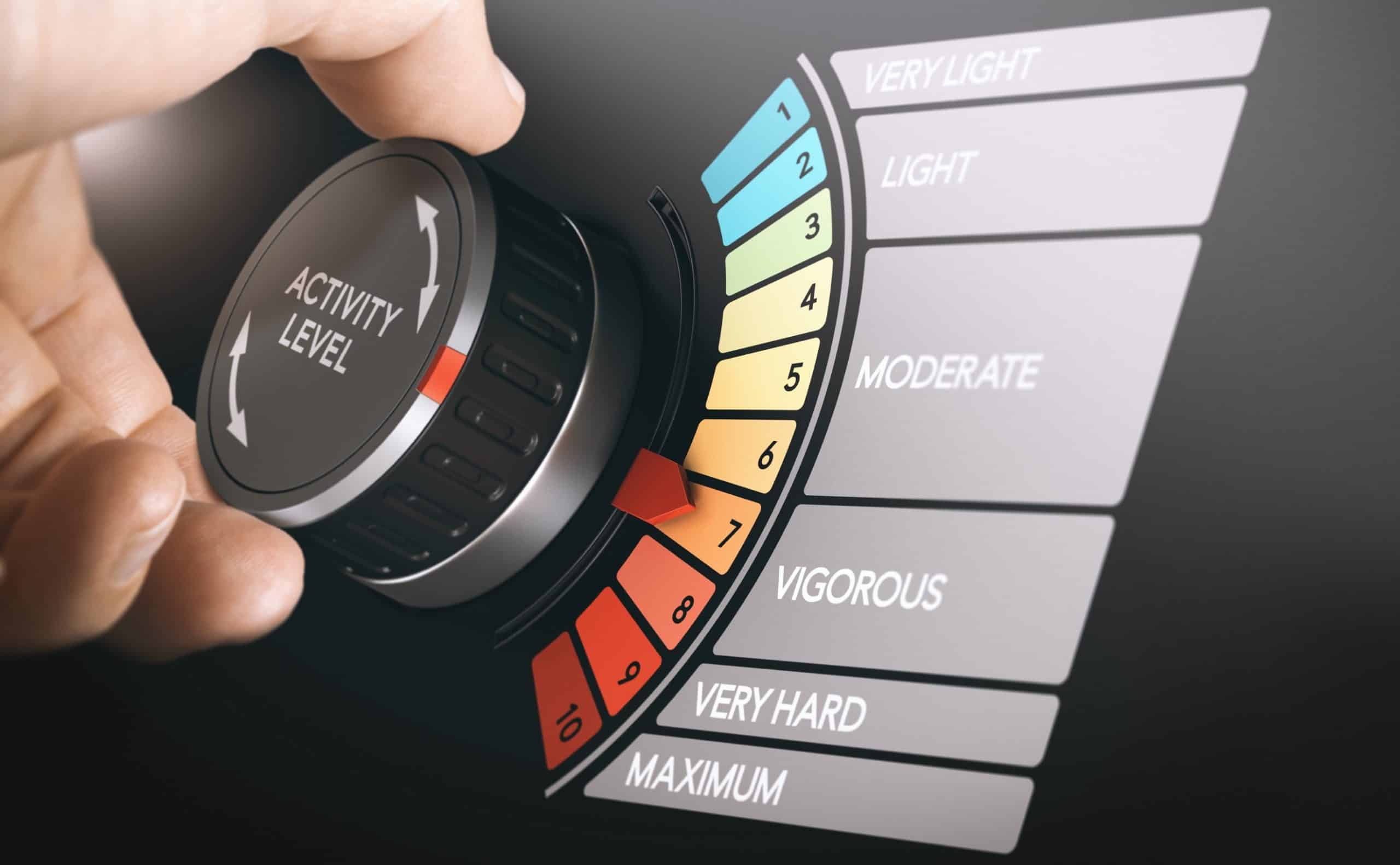As a coach, you’re aware of the emerging presence of AI in the coaching world. But is there a need to be worried? We take a look at some AI “con’s” that should be reassuring!

Unless you have been hiding under a rock for the past few years, you undoubtedly have witnessed the ever-evolving role that AI is playing in most industries these days – and certainly, coaching is no exception.
The catalyst for this blog was a recent guest on our ‘All Things Endurance’ podcast. The guest was Dirk Friel, the co-founder of the popular training platform, TrainingPeaks. The title of the podcast, is ‘The Power of the Human Coach.’ (Podcast launch date: 7/18/25). During the podcast, we discussed the pro’s and con’s of the role of AI in coaching. While we both agreed that there are many pro’s to AI, specifically in helping to manage and make more efficient the business side of coaching, Dirk hit on something with respect to AI that I never considered.
Garbage In – Garbage Out

In talking with coaches, there is a fear by some that AI will replace them, or at minimum, cut into their business. At lower level ‘tiers’ of coaching such as pre-formatted training plans, this may be partially true. However, what Dirk noted was that specifically with AI, the output is only as good as the input. This can be seen, for instance, with AI-driven internet searches. AI only answers what is asked and if the correct question is not being asked, or the context of the question is not clear, then the answer may have little to no value, or worse, may misdirect or provide incorrect information. In the context of endurance training, the AI-driven answer may prompt an athlete to do something that could have a negative impact on their training, and possibly their health.
The example that Dirk gave on the podcast was that of an athlete “hitting the wall” during a gravel bike race, and the athlete then making the assumption that it was due to a lack of sodium. Therefore, the athlete asks AI “how much sodium is needed for a 100-mile gravel race.” The problem with this scenario is that the athlete asked the wrong question. Rather than this situation being related to sodium intake, the issue really was that they went out way too hard and for way too long with respect to their fitness level. As such, the question asked of AI was the wrong question and therefore the answer will not solve the ‘problem’ that the athlete encountered.
In contrast, if the athlete worked with an experienced and qualified coach, the coach would have looked at their nutritional intake, their training history and cross referenced this information with the race data and would have informed the athlete that their sodium level was not the issue. Rather, their intensity and duration of intensity that they rode at for the first 45 minutes of the race was the culprit. Had the athlete rode at a lower intensity, they would more than likely have not hit the wall.
AI is not an Expert
To be clear, AI is not an expert. AI does not have years of coaching experience under its belt. AI does not appreciate the art of coaching. AI does not know if you’re asking it an incorrect question given the context of an issue. These are the domain of a human coach. Even if an athlete asks AI the right question, it does not guarantee the right answer. There is a lot of nuance to coaching and an answer that is even just a hair inaccurate can have disastrous consequences on the part of athlete performance and/or health.
The same applies to AI-generated training that is continuing to emerge in various coaching apps. Someone had to create the algorithm that dictates how the AI platform “thinks.” While that person (or people) who created the algorithm may have some level of expertise, that doesn’t guarantee they are correct and accurate in their application of training. And it certainly doesn’t mean the algorithm handles the nuances of athletic training. While some proponents of AI-driven coaching may claim that “taking the human element out of coaching allows an athlete to be coached more accurately, rather than by someone’s ‘philosophy'”, make no mistake, a human (along with their philosophy) created that AI algorithm. The end result is the AI-generated training platform utilizes someone else’s philosophy yet without actually seeing the athlete as a nuanced individual.
Correlation to Rate of Perceived Exertion

The role of a human coach is akin to rate of perceived exertion (RPE) in that unlike specific performance metrics such as heart rate, power, lactate threshold, etc… RPE is how the human (i.e., you) brain interprets intensity, fatigue, etc. Performance metrics are more or less “black and white”, while RPE is highly relative to many underlying factors. This is one of the issues today with so many data points that relate to human performance. A lot of athletes only know how to gauge their training work based on data, not feel (i.e, RPE). This is akin to AI. The issue with AI dictating training is that data doesn’t always give the full picture. And even if it did, the data isn’t the only factor when making meaningful and actionable training and racing decisions. For example, let’s say that a cyclist has done a functional threshold power (FTP) test and it shows that their FTP is 200 watts. Given their test results, in a 20-mile race they decide to ride at a steady 195 watts. However, in the race the cyclist isn’t feeling great (for any number of reasons) but despite that, they try to stick to the 195 watts. As a result, the cyclist ignores their RPE (which has gone through roof) and they end up blowing up due to their disconnect between their desired power and their RPE.
You Can’t Talk to AI
As noted above, when it comes to AI platforms such as ChatGPT (or AI-driven coaching apps), the output is only as good as the input. You can’t ‘talk’ to it like you can a coach and get nuanced answers to your questions. So much of coaching is the ‘art’ side of things, and the back-and-forth conversations that need to happen.
Summary
AI will continue to influence the coaching world in likely both positive and negative ways. As coaches, it is up to us to determine how best to integrate AI into our coaching practices, both in terms of the business side of things, as well as with respect to coaching platforms.
AI will likely have the most impact on market share for novice athletes looking to train for a specific event, which makes sense given the demographic. However, when it comes to athletes of any level that are looking for the best results, my humble opinion is that there will never be a replacement for human coaches. And one of the big reasons for this is because of the ‘garbage in, garbage out’ principle. It is also my humble opinion that as more and more athletes ask AI incorrect questions regarding their training and therefore get ‘advice’ that is ineffective and/or hurtful, these athletes will see the value of human coaches.








